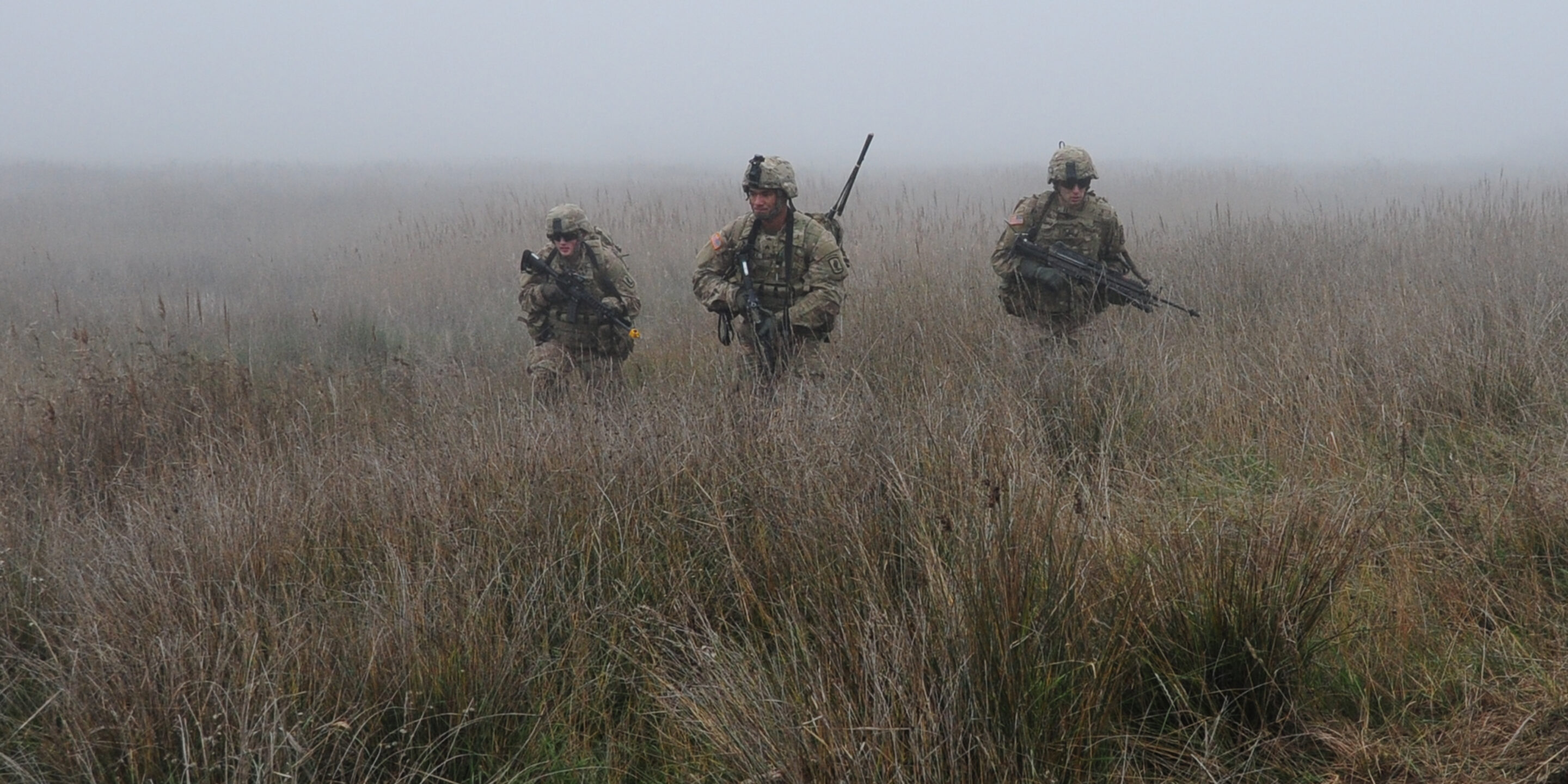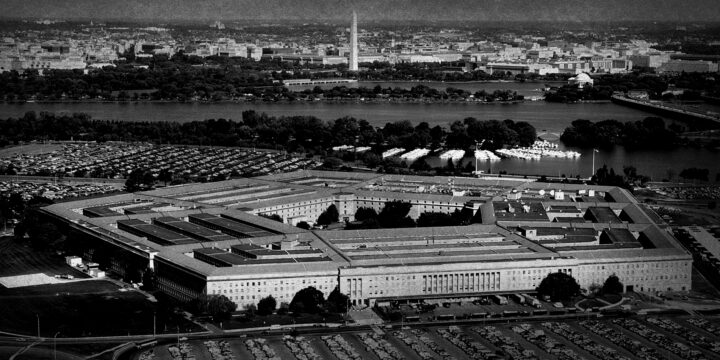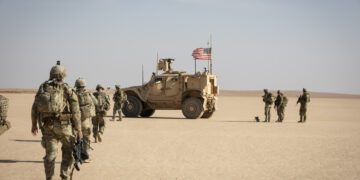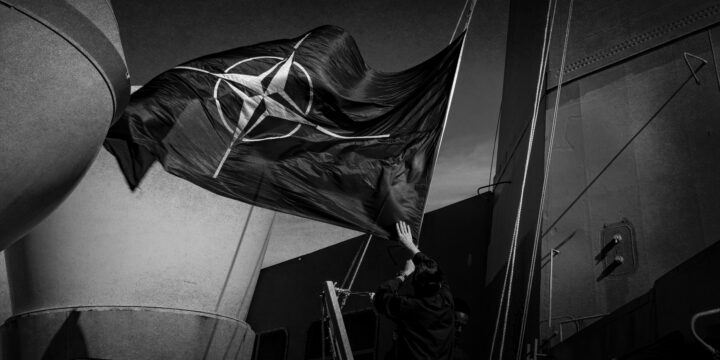April 9, 2024
From Reagan to Obama, presidents have left office with ‘strategic regret’—will leaving troops in Iraq and Syria be Biden or Trump’s?

U.S. presidents often leave the White House expressing “strategic regret” over perceived foreign policy failures.
Lyndon Johnson was haunted by the Vietnam War. Bill Clinton regretted the failed intervention in Somalia and how the “Black Hawk Down” incident contributed to his administration’s inaction over the Rwandan genocide. Barack Obama said the Libyan intervention was “the worst mistake” of his presidency. And after a tragic bombing killed 241 U.S. service personnel in 1983 at a Marine Corps barracks in Beirut, President Ronald Reagan called his decision to send troops to Lebanon “my greatest regret and my greatest sorrow.”
As the U.S. heads into a presidential election that will, in all likelihood, end the future White House ambitions of one of its two latest inhabitants—Joe Biden and Donald Trump—it is fair to ask whether either or both will end up similarly experiencing “strategic regret.”
As an expert on U.S. foreign policy and grand strategy, I believe that if history is any guide, a possible answer can be found in both men’s decisions to keep U.S. troops in Syria and Iraq.
Events on Grand strategy









